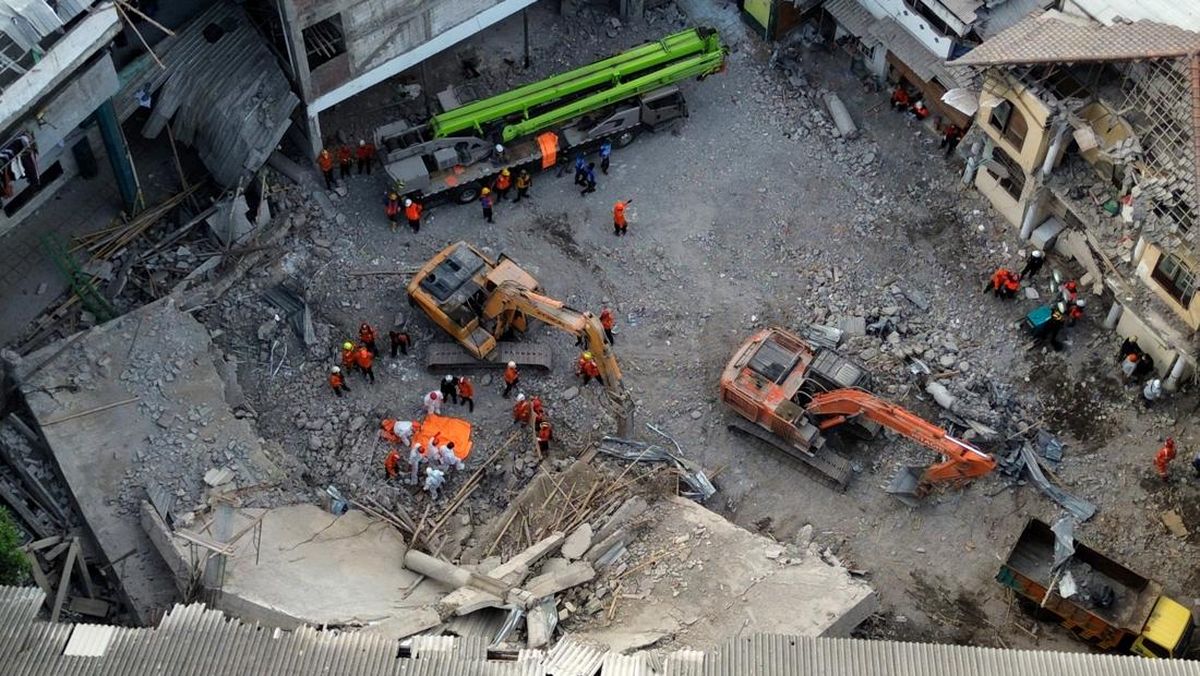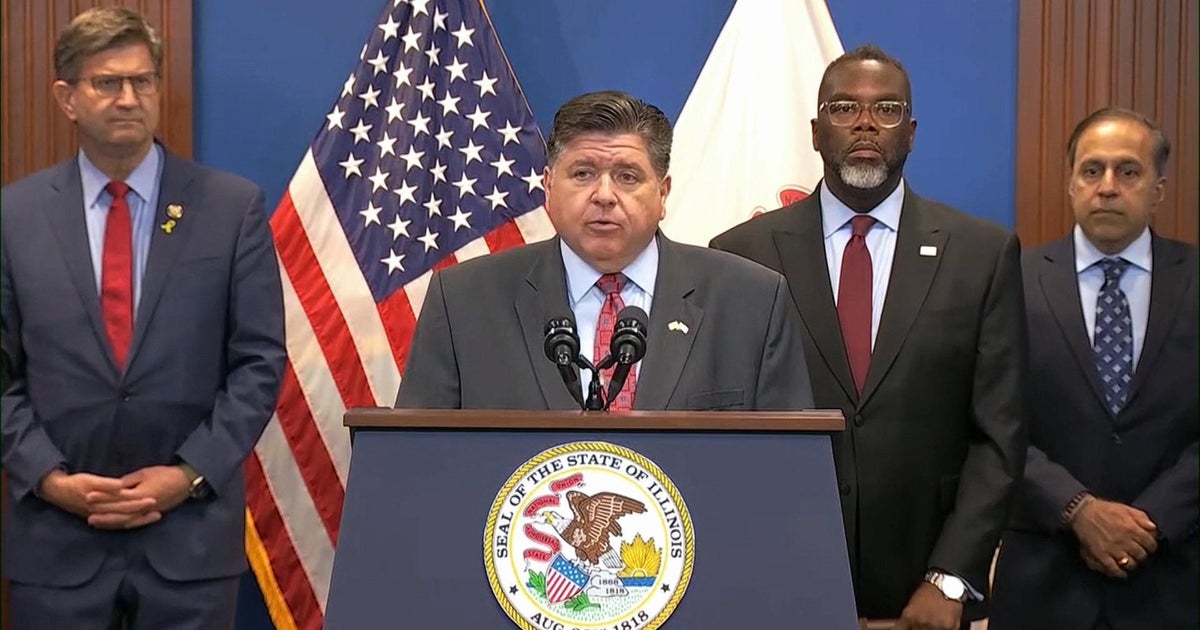Developers feeling the weight of red tape
Andrew McAllister, a property developer in Perth for Bloom Developments, says he has experienced slow local government approvals first-hand, and that the process had become more difficult in recent years.
McAllister finished building four units on a block in Osborne Park in June, but said none of the owners had been able to move in.
He waited weeks for the City of Stirling to come out and approve the build so he could apply for titles, only to then be told he needed to include a notice on possible issues with noise levels on the certificate of titles before lodgement with Landgate.
That notice sat with the city for five weeks before being signed, despite an acoustic engineer confirming the build sufficiently blocked noise.
McAllister said he was then told it would take 81 days to be processed.
“That extra time cost me over $50,000 in finance costs alone. I made a complaint to the city three weeks in, and it just fell on deaf ears, there is no care and no accountability,” McAllister said.
Another builder on the same street was not required to add in any information regarding noise levels, according to McAllister, which he said made the decision “nonsensical”.
Now waiting on Landgate to assess the plans before finally applying for titles, McAllister said it had taken “six to seven months to build four houses and then about five months waiting around for the government while those new houses sit there empty”.
“I have new owners that are waiting to settle and move in – one is a downsizer who has sold a larger home, and they have buyers on their property also waiting to settle and move in,” he said.
“Two buyers are planning on renting their properties out, so that’s two houses not available to the rental market, and one lady in her 70s will be homeless in two weeks.”
McAllister said he was frustrated there was “no care and accountability for timely processing” and that it would make sense for the state government to be able to step in when needed.
But City of Stirling Mayor Mark Irwin said help from the state was not needed.
“Local governments have the experience and local context to deal with building approvals,” he said.
“The city determines a high volume of applications each year.
“In the past financial year, the city determined 1580 development applications with 97 per cent determined within statutory timeframes.
“The average processing time for 60-day development applications was 34 days in July 2025 and 41 days in August.”
But Irwin did note that “of late, the industry has been experiencing a shortage of urban planners and building surveyors which has put pressure on resources and staff”.
“There is no course available in WA for building surveyors. The industry would welcome assistance from the state government to develop initiatives to address these shortages.”
He said the city had introduced a number of initiatives to streamline the planning and building approvals process.
It has also prepared a new draft Local Planning Scheme, Irwin said, that was aimed at reducing the complexity of the broader planning framework, and increasing densities within and around key activity corridors and centres.
What is the state government’s view?
Housing and Planning Minister John Carey has long lamented “NIMBY councils”.
He said the state government was in full support of reducing red tape for development approvals and laid the blame on the WA Liberals and Greens, accusing them of “advocating for WA to go backwards”.
“Members of the opposition have suggested increasing council representation on DAPs, which could give NIMBY councils veto power on housing developments,” he said.
“They have also called for the introduction of third-party appeal rights in development applications, which could see applications the subject of endless appeals after approval.”
In contrast, Carey said the government had announced further measures to cut red tape, such as through modernising the R-Codes.
“We are also focused on supporting infill through the Infrastructure Development Fund, which helps developers of brownfield sites overcome the upfront costs,” he said.
“Our government is doing all it can to ensure every West Australian has a secure home.”
Start the day with a summary of the day’s most important and interesting stories, analysis and insights. Sign up for our Morning Edition newsletter.


















































